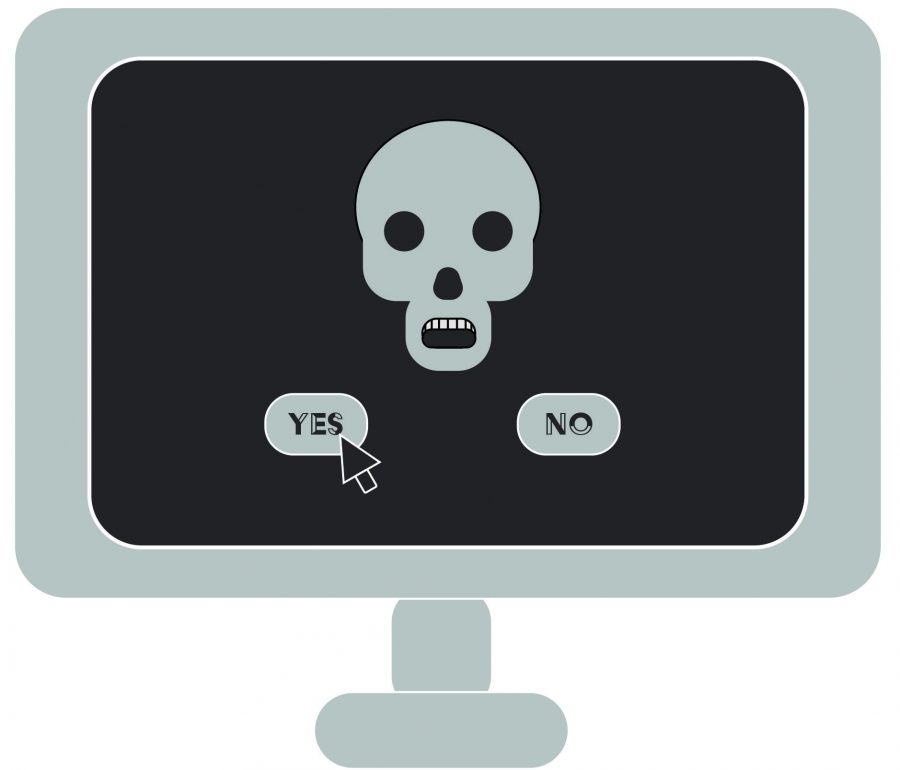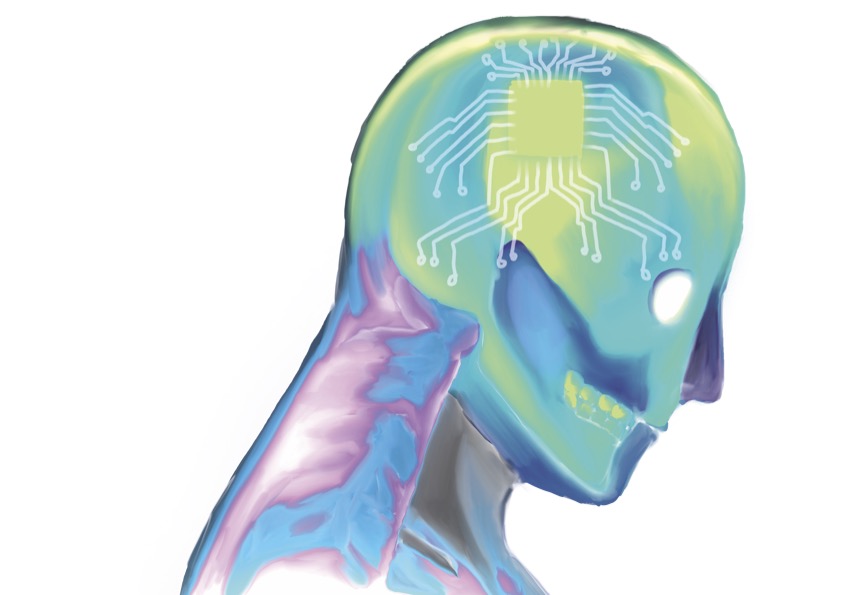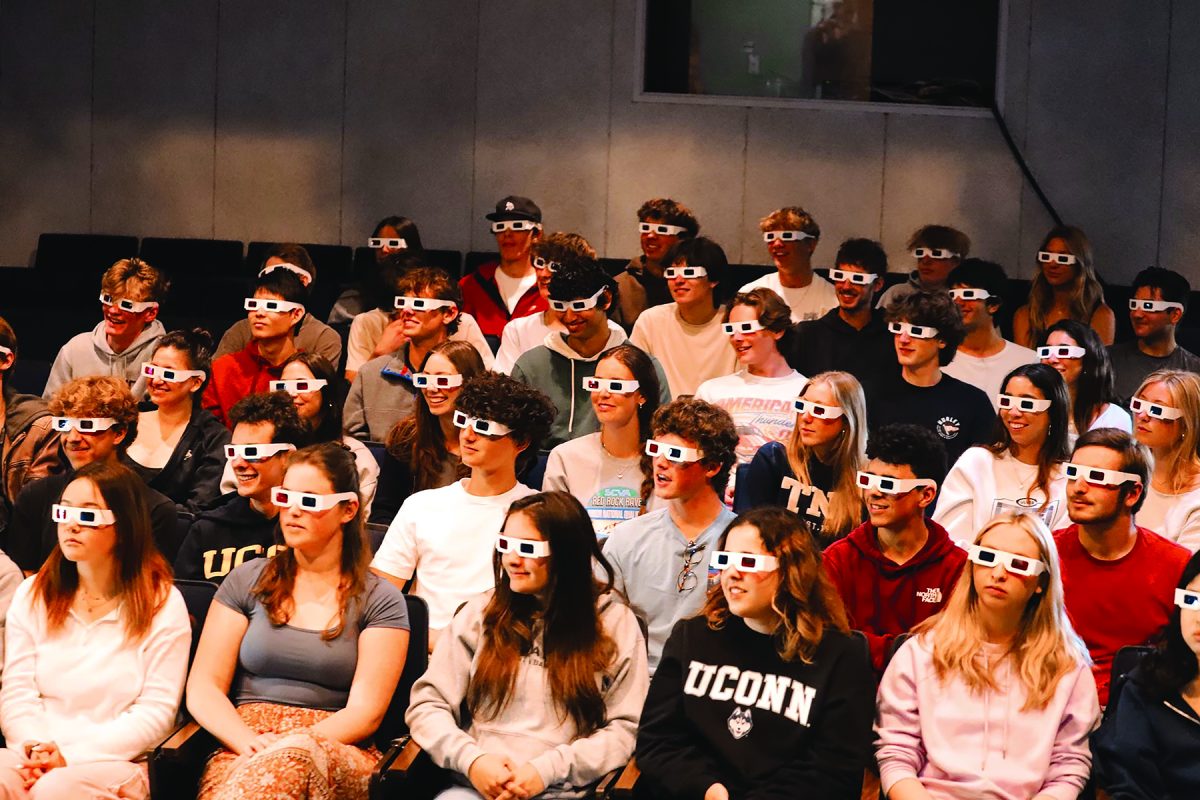The Face Behind the Screen: Are They Really That Mean?
April 12, 2017
Who doesn’t love social media? It allows us to see what our friends are up to, see babies grow and it gives us a window into people’s thoughts, dreams and hopes for the future.
But others love social media for the wrong reasons. There are those who strive to abuse the power of the internet, those who use the internet and the anonymity it provides for them to bully and harass others.
The internet provides anonymity this allows for people to hide behind usernames and false identities.
It is under these identities that people can act irrationally and cruelly.
“The research has shown that we are definitely different online when we are anonymous — when a name is not attached to us than if a name actually is,” AP Psychology instructor Megan Roarty said.
The behavior that someone exhibits online when they are anonymous – is that good or bad? Bad, for the most part.
“If someone is responding to, let’s say, a political article, people tend to be more outspoken, use stronger language, or can be meaner,” Roarty said.
This change in personality can be traced back to online anonymity.
The dissociation between a person and his persona online can come to a point where an online persona is totally disassociated with the person behind it.
How a person acts online is sometimes very different than how he/she acts in real life. They say things online that they would never say at the dinner table.
A couple of months ago, in very late December, while scrolling through my Instagram feed, I happened to notice an Instagram Live icon pop up.
As I opened it, I looked aghast at a horrific display of bullying.
On the live stream, people, some of whom I knew quite well, were harassing the live streamer.
They were telling him to kill himself, to humiliate himself, and called him the most repulsive names.
I was shocked, mainly because some of the people I knew, were nice respectable people, would never say such awful things in person.
But they were doing this to a person who they did not know well.
This story demonstrates the impact of online anonymity on genuinely nice people. It gives people the freedom to harass others, while escaping repercussions whatsoever.
Although people can be horrible when they are anonymous online, there is a great deal of good online that anonymity can provide.
People can be anonymous while expressing their freedom of speech with little to no social repercussions. “Some researchers found that it [online anonymity] allows people to be a little more creative, to think outside the box,” Roarty said.
As true as this may be, the risks of being anonymous online out-ways the benefits. The overarching psychological impact to the anonymous can be devastating.
After becoming an online bully, it’s hard to be objective. Bullies eventually target more people. The best way to combat hurtful online anonymity is to be aware.
A study by the Pew Research Center concludes that people who are more active online have a statistically higher chance of being targeted by anonymous online adolescents.
One solution to stopping online bullying is to look out and stay sharp, and if you witness attacks, report and block them. If you do that, the attackers become powerless.







